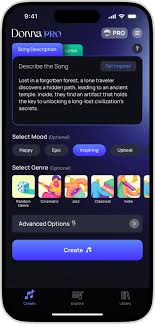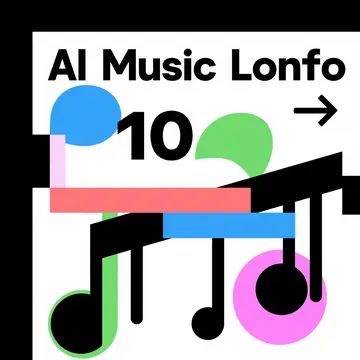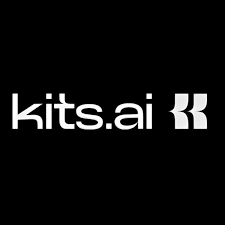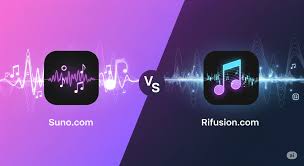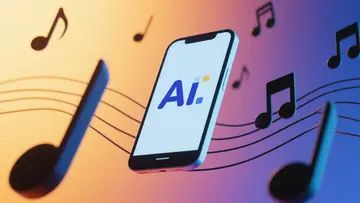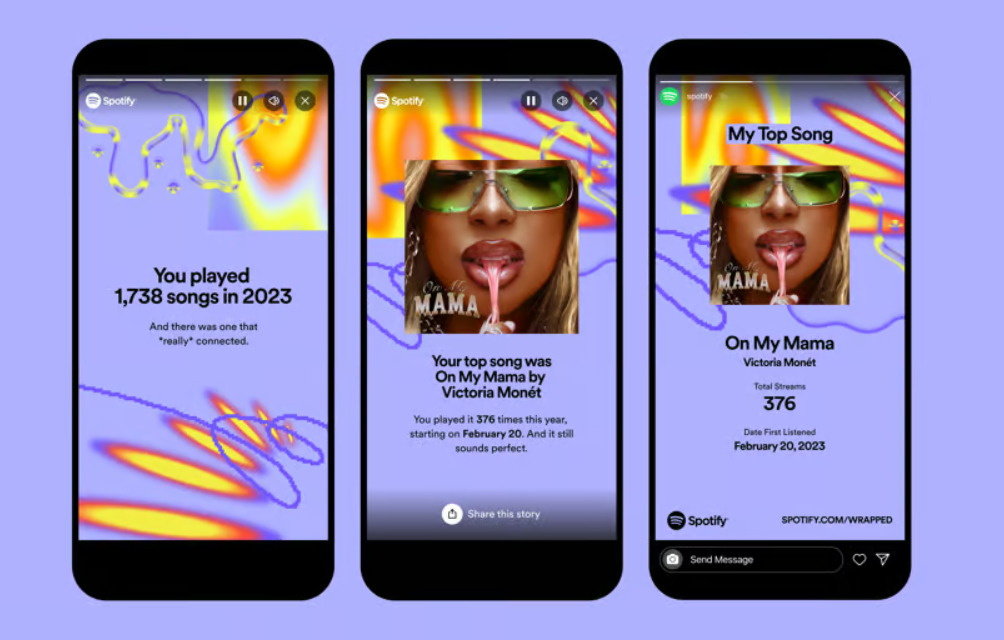In 2025, music streaming isn't just about pressing play—it's about predicting what you want to play before you even know it. With the explosive growth of artificial intelligence (AI), music platforms have evolved from static libraries into dynamic ecosystems that adapt to listener behavior in real time.
Whether it's your "Discover Weekly" on Spotify or personalized radio on Apple Music, AI is doing the heavy lifting behind the scenes. But how exactly does it work? And what are the implications for artists, labels, and music fans?
This blog dives into exploring the role of AI and personalization in music streaming, revealing how advanced algorithms shape everything from your favorite playlists to artist exposure.

What Does AI Do in Music Streaming?
AI in music streaming functions like a behind-the-scenes DJ—constantly analyzing your behavior and curating tracks to match your taste. The core of this process revolves around machine learning, natural language processing, and collaborative filtering.
Key AI Functions:
Recommendation Engines: Suggesting tracks, albums, and artists based on your listening history, location, and time of day.
Mood and Genre Detection: AI analyzes musical features (tempo, key, mood) to recommend based on emotional tone.
Dynamic Playlisting: Playlists like Spotify’s "Daily Mix" or YouTube Music’s “My Supermix” are AI-generated on the fly.
Real Product Example:
Spotify’s “Discover Weekly” is powered by a combination of collaborative filtering, natural language processing (NLP), and audio analysis using AI toolkits like Echonest. According to Spotify’s engineering blog, this playlist alone was streamed over 2.3 billion times in its first year.
How Personalization Works: A Data-Driven Breakdown
Personalization isn't just about your past plays—it's about contextual behavior.
1. Behavioral Analysis
AI tracks skips, repeats, playlist saves, likes, and even time-of-day listening habits.
2. Audio Feature Analysis
Using tools like Spotify’s API or Deezer’s Spleeter, platforms extract features like:
Danceability
Energy
Valence (emotional positivity)
Instrumentalness
3. Contextual Learning
Platforms integrate:
Geolocation data
Device type
Current activity (via wearable integrations)
4. Social Signals
Recommendations may also factor in what your friends, followers, or demographically similar users are streaming.
Major Streaming Platforms Using AI for Personalization
Spotify
Uses a hybrid of NLP, user behavior analysis, and deep learning.
Introduced AI DJ (Beta) in 2023—a voice-powered feature giving personalized commentary and track suggestions.
Apple Music
Leverages Siri-powered personalization and user engagement metrics.
Offers custom radio stations based on user listening history.
Deezer
Known for Flow, an AI-curated mix of favorites and new tracks.
Pioneered use of Spleeter, an open-source AI tool for audio separation.
YouTube Music
Utilizes Google’s machine learning infrastructure.
Features like "My Mix" and context-aware recommendations are based on AI pattern recognition.
Benefits of AI and Personalization in Streaming
| Benefit | Explanation |
|---|---|
| Listener Retention | Personalized content keeps users engaged longer. |
| Music Discovery | Algorithms help users find lesser-known tracks they wouldn’t discover otherwise. |
| Artist Exposure | AI can surface niche or independent artists to new audiences. |
| User Experience | Seamless and adaptive experience across multiple devices. |
Challenges and Concerns with AI in Music Streaming
1. Algorithmic Bias
AI tends to reinforce popular genres and artists, potentially marginalizing niche creators or minority voices.
2. Filter Bubbles
Over-personalization may cause users to miss out on genre diversity.
3. Data Privacy
Platforms collect vast user data, raising ethical concerns about consent and transparency.
4. Monetization Inequality
Because algorithms favor already-engaged tracks, it can be hard for new songs to gain traction without initial momentum.
Real-World Statistics and Trends
According to MIDiA Research (2024), 76% of users say they "prefer personalized playlists" over manual searching.
Spotify’s personalization engine is responsible for 35% of all plays on the platform.
Apple Music reports that AI-curated radio stations led to a 22% increase in daily engagement among Gen Z listeners.
How Artists Can Leverage AI-Powered Streaming
1. Optimize Metadata
Ensure your music is labeled correctly—genre, mood, tempo—so it fits into the right algorithmic categories.
2. Create for Context
Think in terms of playlist types: morning commute, focus, workout, etc.
3. Engage With the Algorithm
Encourage early plays, playlist additions, and saves to signal quality to the AI.
4. Use AI Tools for Music Creation
Leverage tools like:
AIVA for cinematic scoring
Boomy for quick song generation
Suno AI for personalized composition
This synergy between AI composition and AI distribution can exponentially increase exposure.
Conclusion: AI Is Personalizing the Soundtrack of Our Lives
The role of AI and personalization in music streaming is no longer optional—it’s foundational. Whether you're a casual listener or a professional artist, the experience you get on platforms like Spotify, Apple Music, or Deezer is deeply shaped by intelligent systems working invisibly behind the scenes.
As algorithms evolve, so will your relationship with music. From emotionally aware playlists to voice-assisted DJs, the line between user and platform is becoming increasingly fluid. And for artists, learning to work with the algorithm—not against it—may be the key to long-term success in this new era.
FAQs: Exploring AI and Personalization in Music Streaming
Is AI music recommendation better than human curation?
AI offers unmatched scalability and personalization, but human-curated playlists still bring depth and context, especially in niche genres.
How do I stop music platforms from using my data?
Most platforms offer privacy settings. You can also use incognito or “private listening” modes to limit data collection.
Can AI-generated music get recommended like human music?
Yes, as long as it’s properly tagged and meets audio quality standards. Some AI-generated tracks are now featured in major playlists.
Learn more about AI MUSIC

